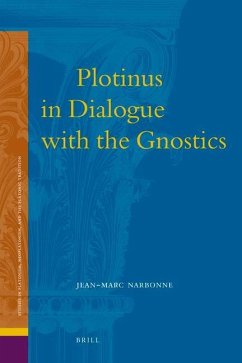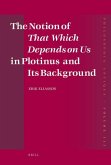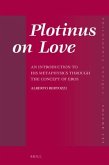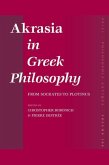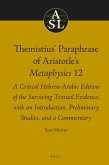The point of view put forth in the following pages differs greatly from the common perspective according to which the treatises 30 to 33 constitute a single work, a Großschrift, and this single work, Plotinus' essential response to the Gnostics. Our perspective is that of an ongoing discussions with his "Gnostic"--yet Platonizing--friends, which started early in his writings (at least treatise 6), developed into what we could call a Großzyklus (treatises 27 to 39), and went on in later treatises as well (e. g. 47-48, 51). The prospect of an ongoing discussion with the Gnostics bears an additional virtue, that of allowing for a truly dynamic understanding of the Plotinian corpus.

